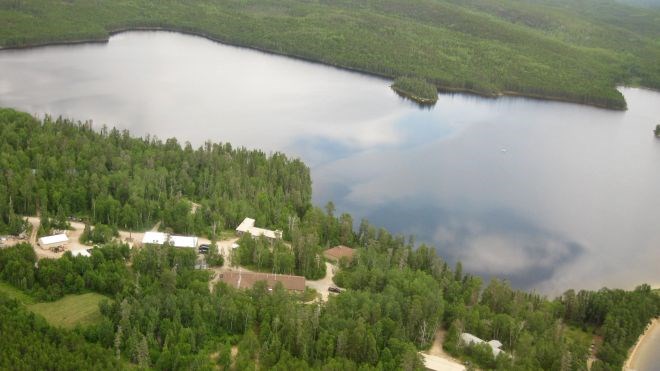Lakehead University in Thunder Bay and the International Institute for Sustainable Development Experimental Lakes Area (IISD-ELA) have signed a five-year memorandum of understanding to foster collaboration between the two organizations.
Thanks to this new agreement, Lakehead University faculty and students can visit and perform research at the IISD-ELA much more easily, staff from both organizations will be able to participate in seminars and workshops together, and students can benefit from being supervised by staff from both institutions.
Staff from both organizations hope to mutually benefit from their respective knowledge and to further understanding about what impacts freshwater systems, and what can be done to protect the world’s water supplies.
Dr. Andrew P. Dean, Lakehead’s vice-president of research and innovation, emphasized how beneficial this agreement will be for students.
“The experiential learning that comes from performing research outside of the lab is invaluable,” Dr. Dean said in a release. “I look forward to seeing the research that results from this agreement.”
This MOU will result in collaborative research projects that draw on the expertise of both institutions.
“What this means is that our two institutions can collaborate and share much more easily — all in the name of protecting the world’s freshwater supplies,” said Matthew McCandless, executive director at the IISD Experimental Lakes Area.
“This is yet another step in IISD-ELA further opening its doors to the world, committing itself to educating the freshwater scientists of tomorrow, and building stronger partnerships with researchers across Canada and the globe.”




